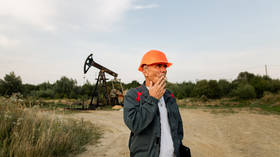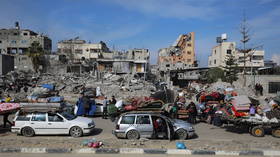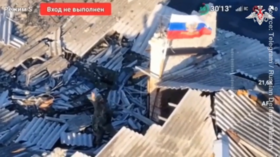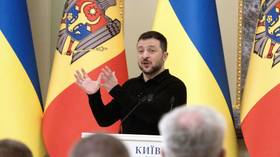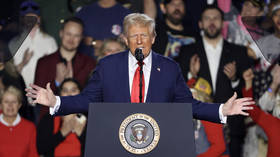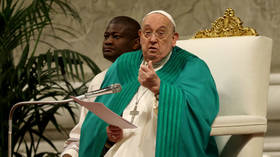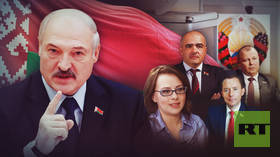Contents of next EU sanctions package revealed
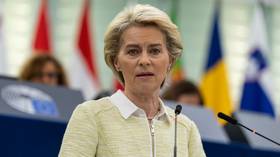
The European Union’s newest round of sanctions on Russia will target the country’s gold exports and tighten up existing loopholes, news site Euractiv reported on Thursday. Further energy sanctions are apparently off the table, as Europe grapples with the consequences of its earlier sanctions packages.
Russian gold imports have already been banned by the US, UK, Japan and Canada, in a move agreed during the G7 summit in Germany last month. While Russia’s gold exports were estimated to be worth around $15 billion in 2021, the ban was described by industry analysts as mostly symbolic, as Western sanctions have already closed off European and US markets to Russia’s bullion.
Citing EU diplomats, Euractiv said that the EU’s seventh sanctions package will also blacklist more Russian entities and individuals reportedly linked to the Kremlin, and will add certain goods to existing lists in a bid to crack down on sanctions evasion.
The package, which is expected to be announced within a week, may also include a reference to the European Commission’s recently published guidance on which goods can and cannot be transported from Russia to its European exclave of Kaliningrad across Lithuanian territory.
Notably absent from the package are further measures targeting Russia’s energy sector. The sixth sanctions package included bans on Russian coal and oil imports, but excluded Hungary, Slovakia and the Czech Republic, which receive oil from Russia via pipeline.
While the Ukrainian government and its closest allies in Eastern Europe have demanded that the bloc shut itself off from Russian gas, many countries in the EU – including Germany and Hungary – are highly dependent on this fuel, and are already facing economic devastation and the prospect of rationing as a result of earlier sanctions impeding supply.
“What is definitely problematic is to include energy into the sanctions, because a rule must be observed that the sanctions must have a greater impact on Russia than on the countries imposing the sanctions,” Czech Prime Minister Petr Fiala told Reuters on Wednesday.
The value of the euro has plunged to a 20-year low since the EU imposed its unprecedented economic sanctions on Russia, with the currency reaching parity against the US dollar on Monday. Meanwhile, Russia’s ruble is stronger than it was before the start of the military operation in Ukraine, and soaring energy profits have boosted Moscow’s current account surplus to a record 70.1 billion, Bloomberg reported this week.
